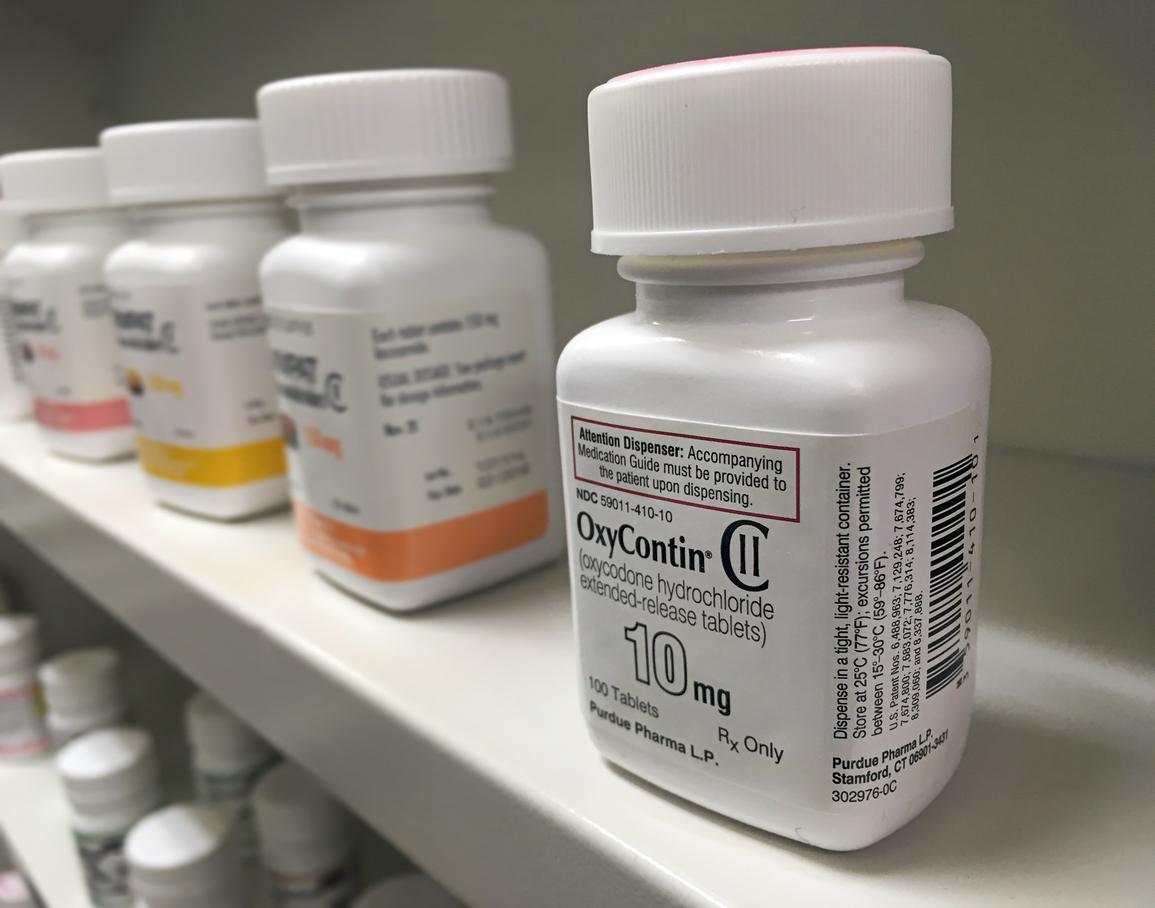MOUD Treatment in JAILS
Medications for opioid use disorder (MOUD) prescribed in correctional facilities are critical to saving patients’ lives. Stratis Health offers practical implementation strategies to integrate addiction services into primary care settings. Our work in jail settings helps organizations work towards integrating MOUD efficiently and effectively in their addiction medicine services.
Actions:
We provide an interactive learning program with an 8-14-month engagement period that includes:
- Assessment and Maturity matrix to measure your progress in obtaining your goals.
- Monthly online planning and technical assistance sessions with subject matter experts.
- Education – a four-hour in-person virtual learning series including breakout sessions by roles within the county jail, plus weekly OUD-focused virtual learning series.
- Support: Monthly follow-ups to review progress on the maturity matrix, successes, and barriers. Access to evidence-based tools that enable front-line county jail correctional health care team clinicians to identify and assess the needs of people with addiction, enabling them to prescribe and utilize MOUD effectively.
- Access to evidence-based tools that enable front-line county jail correctional health care team clinicians to identify and assess the needs of people with addiction. Thus enabling them to prescribe and utilize MOUD effectively.
Benefits of attending the interactive learning session:
- You will improve recognition of OUD/SUD in people with addiction. You will be equipped with tools and data to describe different treatments.
- The interactive learning session will provide your team with critical information. You will learn how to reduce stigma related to OUD and how to engage leaders and community partners to implement MOUD.
We make lives better by…
- Improving timely recognition of opioid use disorder in people who are incarcerated.
- Determining next steps and/or plan on how to implement or advance MOUD programming in jail.
- Defining the intersection of mental health and opioid use disorder.
- Enabling correctional facilities to understand the basic neurobiology of addiction and what makes it a chronic health condition.
- Educating jails on how to implement Buprenorphine (MOUD) treatment as a standard of care.

